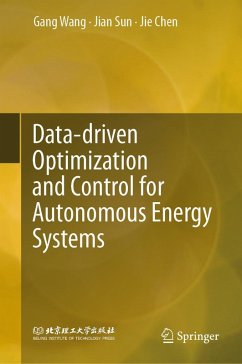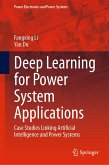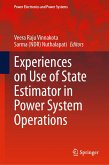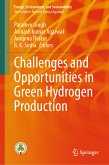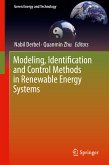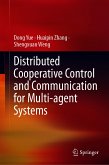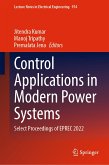This book introduces a pioneering framework for monitoring and controlling autonomous energy systems, distinguished by its use of physics-informed deep neural networks. These networks provide accurate estimations and forecasts, interlacing with advanced composite optimization algorithms to simplify the complex processes of state estimation. This approach not only boosts operational efficiency but also maximizes flexibility through a data-driven methodology integrated with physics-based principles. The framework leverages the power of neural networks to define the intricate relationship between system states and control policies, offering precise, robust control strategies that adapt to dynamically changing system conditions. This book is essential reading for professionals looking to enhance the performance and flexibility of energy systems through cutting-edge technology.
Dieser Download kann aus rechtlichen Gründen nur mit Rechnungsadresse in A, B, BG, CY, CZ, D, DK, EW, E, FIN, F, GR, HR, H, IRL, I, LT, L, LR, M, NL, PL, P, R, S, SLO, SK ausgeliefert werden.

